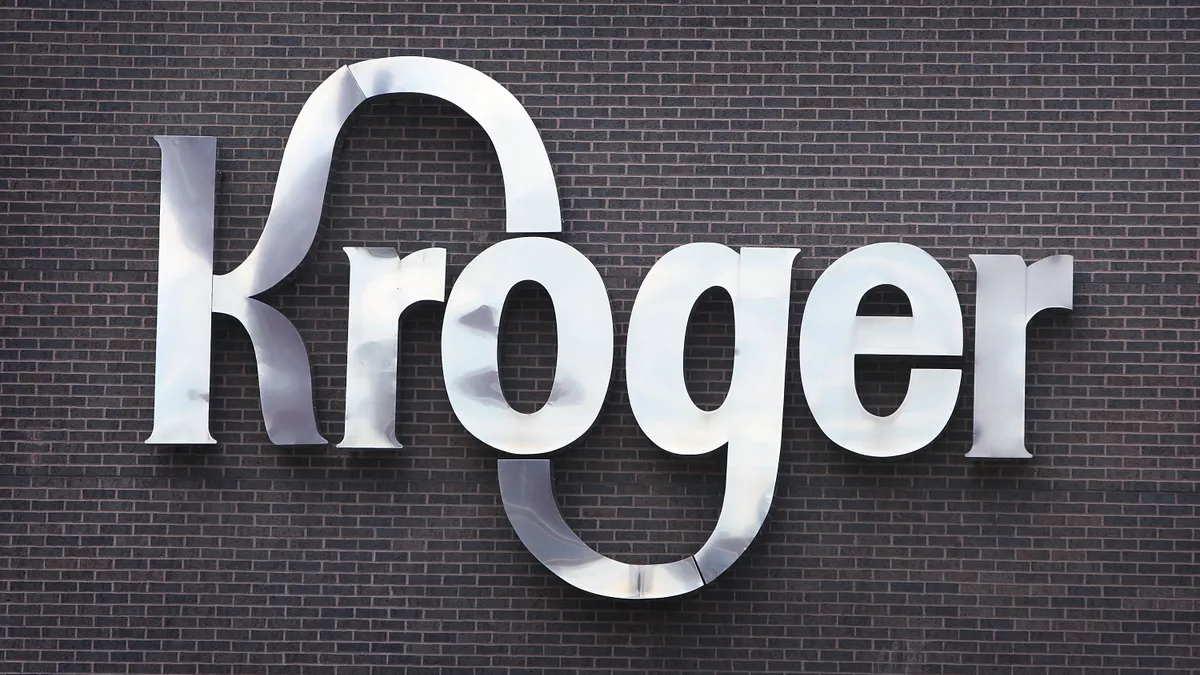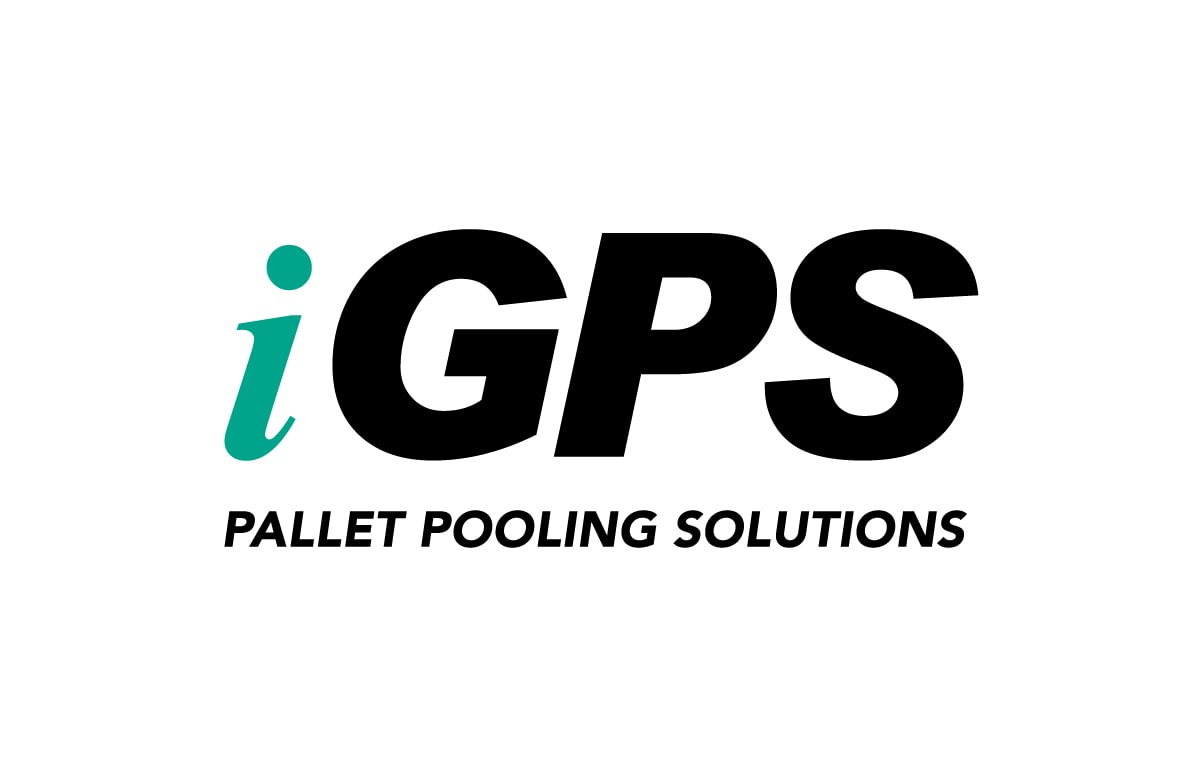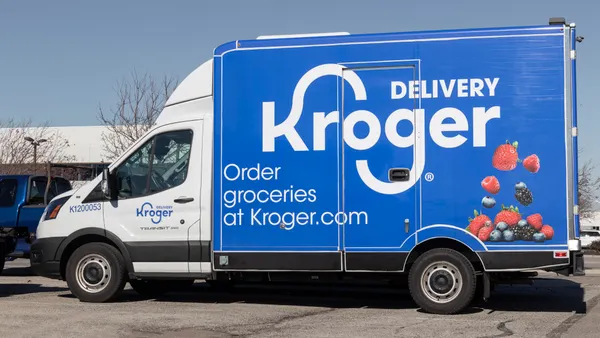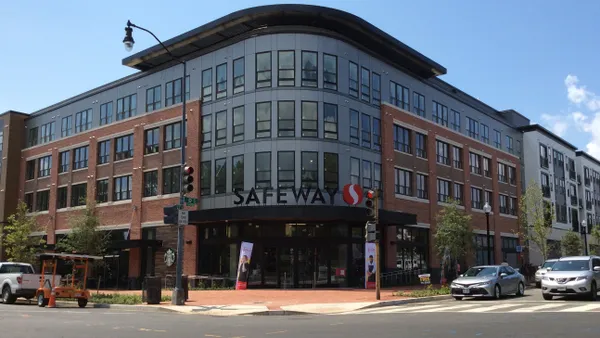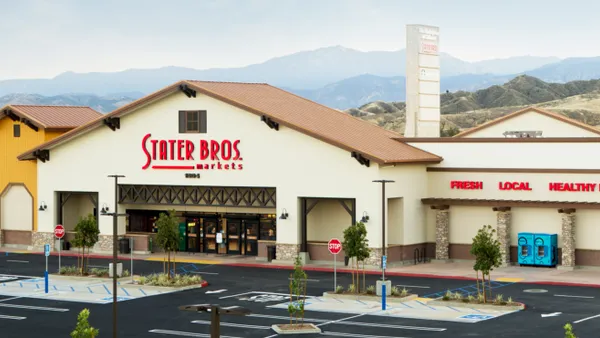A series of class-action lawsuits against Kroger and its subsidiaries allege that the grocer violated state and federal wage-and-hour laws when the implementation of a new timekeeping and payroll system produced errors between September and November 2022.
Sister site HR Dive identified at least four such suits filed by employees on behalf of themselves and others similarly situated across federal district courts in Washington, Oregon, Ohio and Virginia.
In one of the suits, employees alleged that Kroger began transitioning to the new system, known as “MyTime” or “MyInfo,” in 2022. The employees, who worked at Kroger locations in Virginia and West Virginia, alleged the company failed to pay them their lawfully owed wages. The alleged errors included missed or late paychecks, paychecks containing less than the employees were owed and paychecks that contained unauthorized or incorrect deductions or withholdings.
“Although Kroger is aware of these issues, it has failed to take prompt action to rectify these problems, instead forcing employees to scramble when their proper wages do not arrive,” the plaintiffs said. “For example, Kroger employees have been forced to work second jobs, or take on high-interest and risky payday loans in order to meet daily expenses.”
Another suit claimed that the payroll errors stemmed from outages to Kroger’s payroll and timekeeping systems that lasted approximately from Sept. 1, 2022, until Nov. 5, 2022. The named employee in Wilder alleged that he received one paycheck more than two weeks after it was due and had not been paid for three weeks of work.
The transition also affected Kroger subsidiary Fred Meyer, employees alleged in the lawsuits Woody v. Fred Meyer Stores, Inc. and Sapphire v. Fred Meyer Stores, Inc. In Woody, plaintiffs alleged that the activation of a new payroll system in September 2022 “caused widespread pay errors” that resulted in canceled direct deposits, missing or late paychecks and incorrect recording of work hours, among other claims.
A Kroger spokesperson declined to confirm the details provided in the lawsuits.
“While the majority of issues have been resolved, we understand these issues have caused undue difficulty for the impacted associates,” the spokesperson told HR Dive in an email. “Teams are working around the clock to resolve payroll issues for the remaining small percentage of associates affected by these processing errors. We are taking multiple steps to pay our associates as quickly as possible, including overnighting checks to impacted associates.”
In recent years, Kroger executives announced plans to transition the company’s human capital management systems. For example, a 2021 blog by software vendor Oracle included a link to a YouTube video — which has since been made private — of what Oracle said was an interview with a Kroger HR professional regarding the grocer’s adoption of Oracle’s HCM cloud solution.
An Oracle spokesperson declined an HR Dive request for comment on whether “MyTime” is one of the company’s products.
Legal risks put spotlight on payroll transitions
U.S. Senators Bernie Sanders, I-Vt., Elizabeth Warren, D-Mass., and Ron Wyden, D-Ore., referenced the rollout of the new payroll system as well as the resulting wage-and-hour claims in a Feb. 15 letter to Kroger Chairman and CEO Rodney McMullen. The lawmakers asked McMullen for a “full explanation of how your workers will be compensated for any lost or delayed wages, and how you will prevent future wage theft.”
In an email, United Food and Commercial Workers International, a union that represents Kroger employees, told HR Dive that the transition had impacted workers’ pay and benefits. The union said that while Kroger has attempted to compensate employees for any wages lost as a result of the transition, that relief has not been instantaneous.
Payroll and timekeeping systems changes have exposed companies to legal risks in recent months. In late 2022, restaurant chain P.F. Chang’s sued HR software provider UKG, alleging that UKG lost or destroyed employee data that P.F. Chang’s sought as part of a litigation hold notice. P.F. Chang’s said it arranged for a data transfer prior to terminating its relationship with the vendor, but claimed that some of the data went missing.



